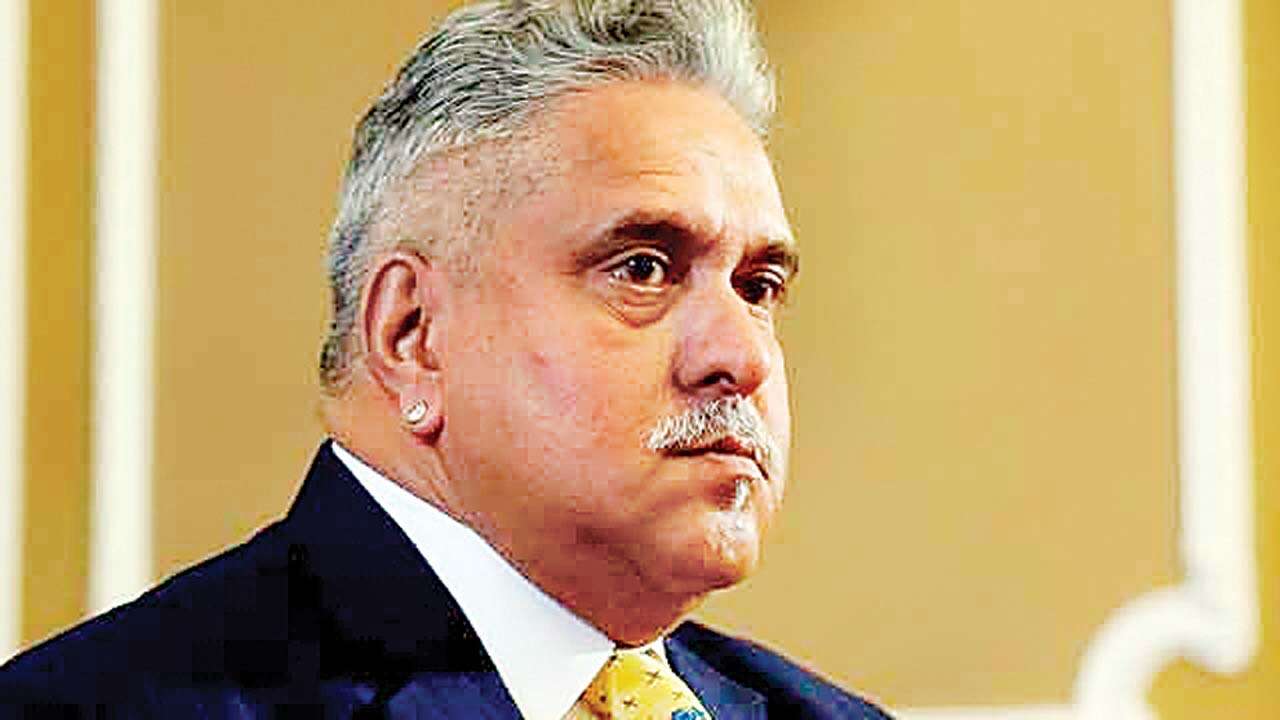
As Prime Minister Narenda Modi announced his attendance at the Commonwealth Heads of Government Meeting (CHOGM) in London on April 18, his first port of call was 10 Downing Street to meet his British counterpart Theresa May. In the ensuing discussions, it emerged that the Prime Minister raised the subject of Indian fugitive businessman Vijay Mallya, wanted in India for money laundering and bank fraud. While Modi initiated an in person discussion with Theresa May to present his case, the real argument here would still have to be heard in UK courts.
Mallya’s fight is rather straightforward, and currently the case is skewed favourably in his favour. As discussions heat up about the alleged bank fraud and request for extradition presented in court, he is likely to face two scenarios – an outright victory enabling him to settle down in the UK permanently or being directed to India to stand trial. Should he receive the latter verdict, he would still have the means to appeal in higher courts. Should the UK’s Supreme Court also uphold the extradition, his last option would be to appeal in front of the European Courts of Justice (ECJ), although timing is key here as this is possible only until the UK continues to remain in the EU. With Brexit still a year away and the supposed period of transaction in place until two years thereafter, his chances are still strong to reach the ECJ should the need arise.
While it is unlikely the case would escalate to the ECJ, even under that scenario, Mallya would still be poised in a comfortable scenario as the European court is known for being very lenient if it suspects that he will not receive a fair trial in India. Even in the UK, the judge has to be satisfied that he will receive a fair trial in India. His lawyers will argue he is being ‘politically hounded’ and is a ‘victim of a media trial’. He might also point out other Indian businessmen owe much more money to Indian banks, but his client has been singled out for persecution.
The current media interest, bordering into a sensationalist trial by the press, works in favour of Mallya which may even be presented as evidence by his legal defence. With the frenzied press having already labeled him guilty, his legal team would argue that the Indian judiciary would be biased and therefore incapable of rendering a fair trial to their client. This is possibly the strongest and most potent argument in their defence arsenal.
While the Indian government continues using diplomatic channels to build a solid case to try and prove Mallya will receive a fair trial in India, they can explore other alternative methods in the sidelines. A worldwide freezing order on Mallya’s assets would be an even more effective option than the extradition route. For the moment, even this might be too late as he is reported to have transferred nearly $40 million of the $70 million of the severance package he had received from British firm Diageo to his three children, proving he is currently a step ahead than the country chasing after him.
While a freezing order is an effective means to the end, it should not be used oppressively. They should not, for example, cause the respondent to cease trading. In principle, corporate respondents should be permitted to pay their employees and trade creditors, and individual respondents should be permitted to meet their living expenses and reasonable legal costs. However, the court will not invariably make or grant exceptions for ordinary course of business or living and legal expenses.
The court’s jurisdiction is flexible and fact-dependent. There exists a standard form exception to a freezing order if the respondent is subjected to a worldwide freezing order. Mallya is already being subjected to a £18,000 as weekly allowance as part of an earlier worldwide freezing order. Recent reports have also emerged that Mallya has been dissipating his valuable assets in a bid to demerit the freezing order.
The most unlikely of scenarios, which probably might be the most plausible would be for Mallya to land in India voluntarily like Samirbhai Vinubhai Patel, who was brought back from the UK in October 2016 to stand trial for his alleged role in 2002 riots in Gujarat. However, this is highly unlikely in the case of Vijay Mallya.
Another workable option for both sides is for Mallya to try and agree a deal with Indian prosecution authority to voluntarily arrive in India to be quizzed by the Indian prosecution authority against an undertaking from the Indian Government that he will not be arrested and will be free to go back. Under this scenario, the Indian prosecuting authority will have an opportunity to consider whether it really has evidence to prosecute him. This also could result in a ‘Without Prejudice’ settlement discussions taking place between the parties in more non-hostile surroundings. This option has been often adopted by the UK prosecution authority with satisfactory results.
The author is Senior Partner at Zaiwalla & Co. LLP Londont. Views are personal